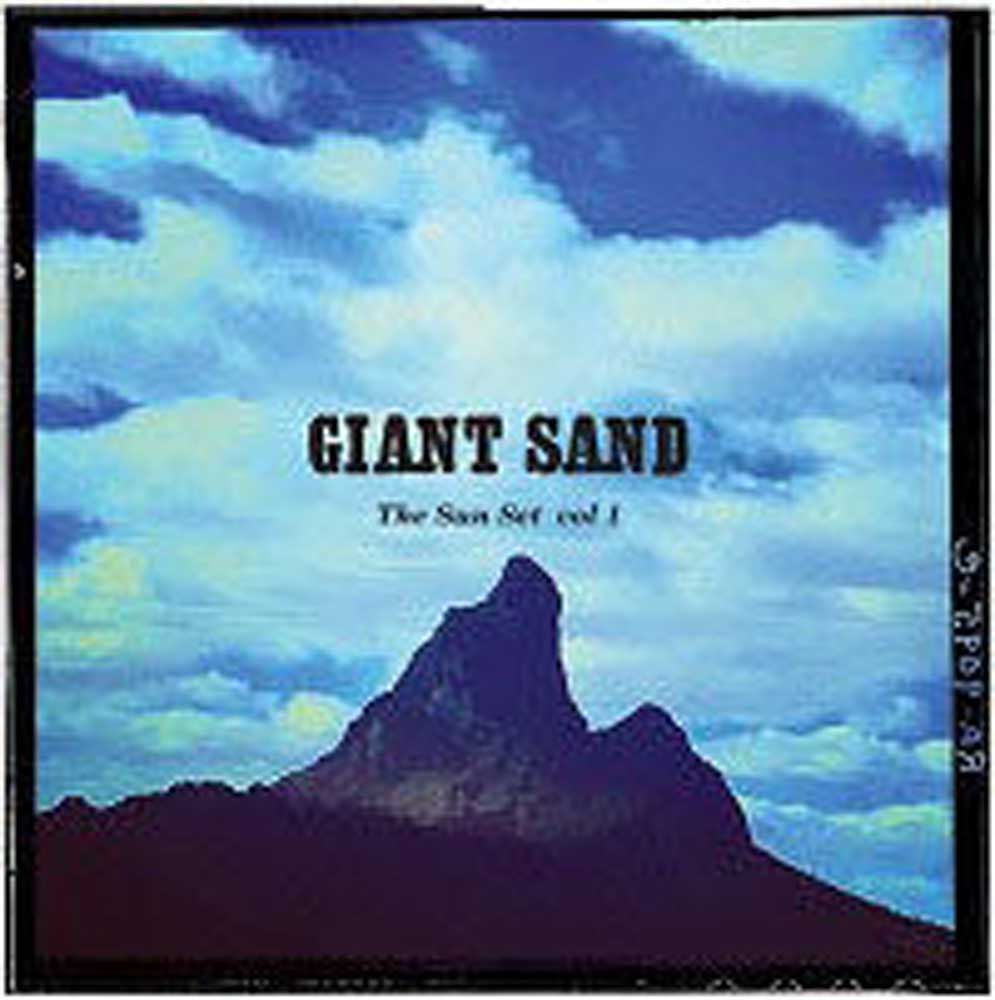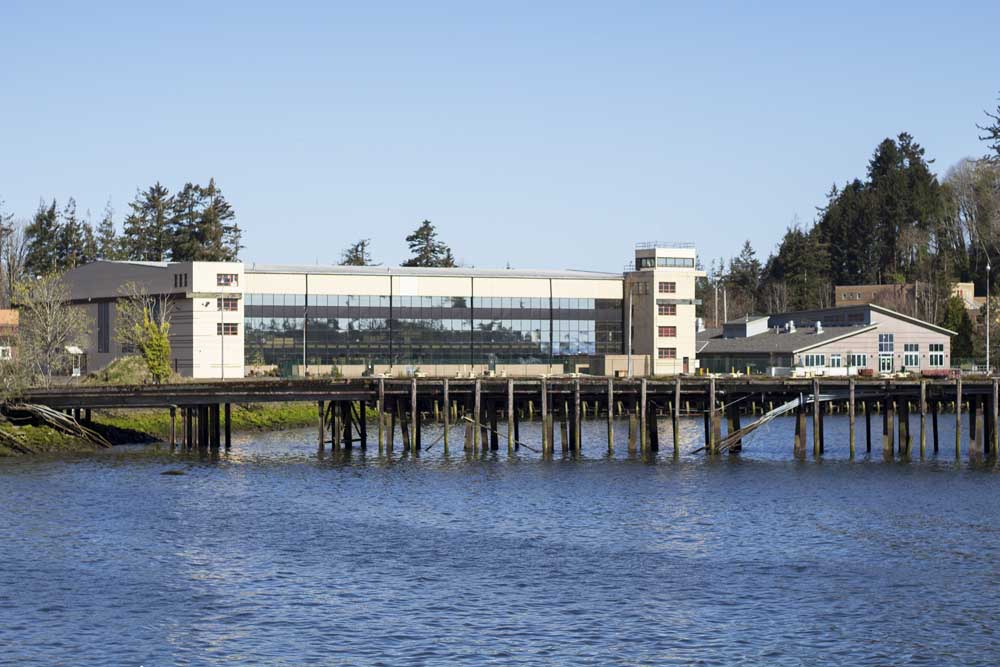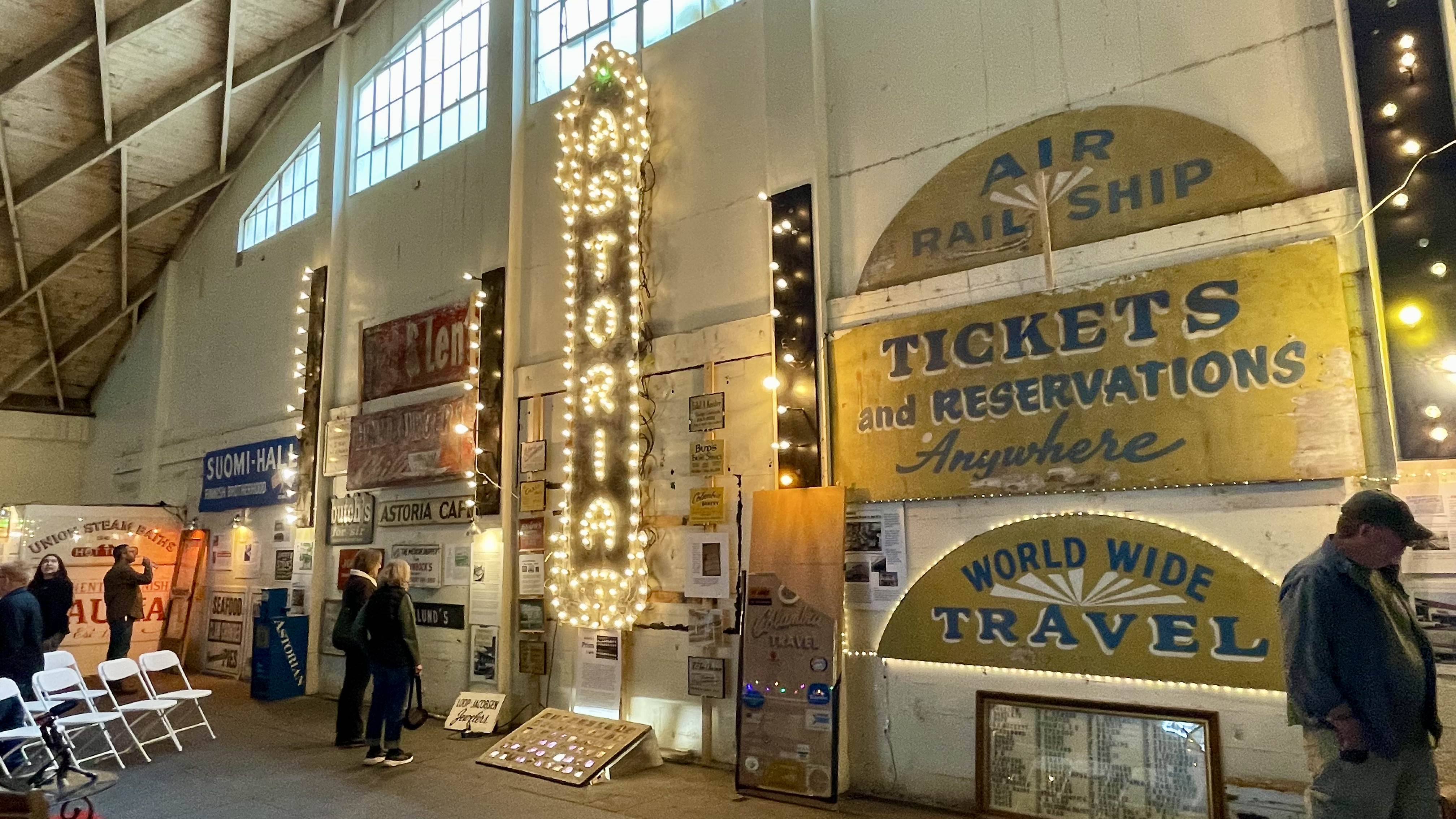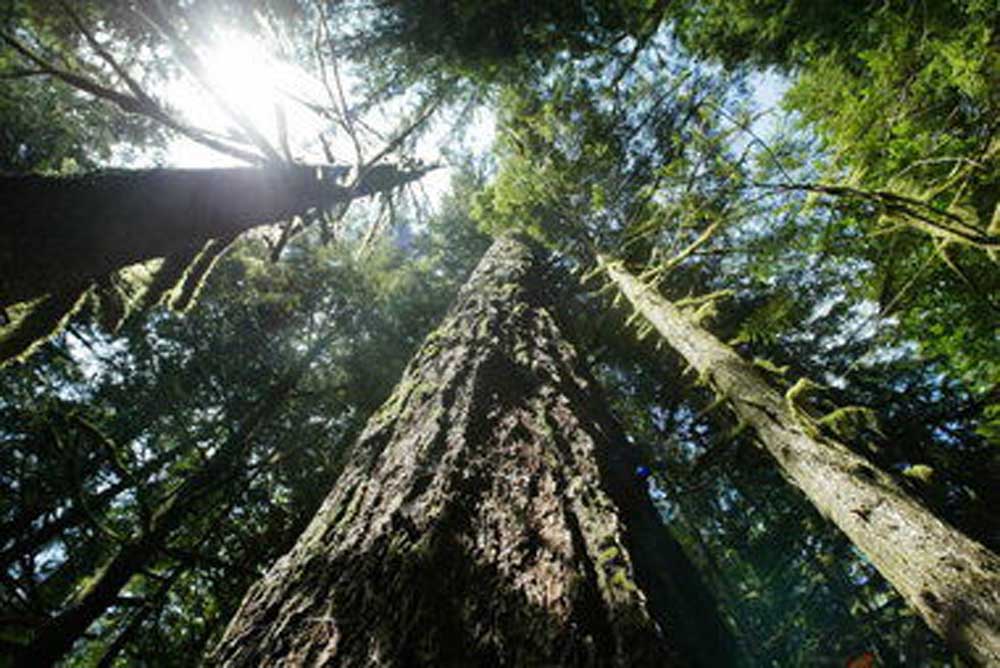Playlist: What is James Dean Kindle listening to?
Published 7:54 am Friday, May 27, 2016

- Giant Sand
The Daily Astorian invites people to share the music they are enjoying and describe a few thoughts about the work. This week, James Dean Kindle, of the Eastern Oregon Playboys, gives us some of his inspirations. The songwriter is also the executive director of the Oregon East Symphony. To submit a playlist, send to news@dailyastorian.com
Q: Your band’s name is the Eastern Oregon Playboys. Is that a play on Bob Wills and the Texas Playboys?
A: The band name is indeed a play off of Bob Wills and the Texas Playboys. The name came to me long before I had formed the band. I knew that I wanted my future band’s name to be geographically representative. At the time I came up with it I was on a western swing kick and thought that I’d like to front a western swing band so making the name a pastiche of the Texas Playboys seemed appropriate. I never really found the right combo nor wrote a large enough body of original songs in that genre to have a such a band and ended up using it for my rock band.
Q: Do you enjoy country music of that era?
A: Country music of the Depression through the immediate post-World War II-era holds a strong presence in my family and figures from that time like Bob Wills, Lefty Frizzell and Hank Williams loom large in my musical DNA. Wills’ liberal mixing of genres, Lefty’s crooning vocal inflections, and Hank’s emotionally direct and precisely metered songwriting are all elements that I’ve tried to assimilate into my style.
Q: Your band’s most recent album is country. But you also do pop. What pop influences are you favoring these days?
A: I’ve been listening to Red Jacket Mine, a band from Seattle, a lot lately. Their front man Lincoln Barr’s songwriting has evolved from power pop to something more sardonic and sophisticated like Steely Dan or Elvis Costello. He recently recorded an album with John Convertino of Calexico on drums and Susan Pascal, a Seattle jazz vibraphonist, which I’m anxiously anticipating. In concert I’ve heard him play a song from the upcoming album that I think is titled “Fond of Surprises” which sounds like a timeless minor key jazz ballad a la “Cry Me A River” or “Almost Blue.”
Q: What’s something new that you’re listening to this week?
A: I recently picked up a copy of Giant Sand’s “The Sun Set, Vol 1.” The music isn’t new per se, though it is a new release. It’s the first installment of a retrospective collection of the Tuscon band’s entire catalogue in light of their impending retirement. Giant Sand’s leader/songwriter Howe Gelb has a lot of great word play in his songs and his recordings feel like the sonic embodiment of the Southwest desert. I’d like to get to a similar place with my own music in terms of it being representative of the Eastern Oregon landscape.
Q: You are also executive director of the Oregon East Symphony. What are some of your classical music influences?
A: The first classical music I really connected with were minimalist composers like Steve Reich and Terry Riley. I discovered them through psychedelic bands I was listening to at the time (Spacemen 3) and was drawn to the harmonically shifting sonic textures they created. As a cinephile I also enjoy film composers like Ennio Morricone and Angelo Badalamenti for their ability to create atmosphere and heighten emotional tension.
I guess minimalist and film composers are generally considered outside the canon of classical music though. Its only been recently that I’ve started developing an appreciation for composers who are part of classical music orthodoxy. My day job as executive director of a symphony has led me to dig deeper into the works that we’ve performed recently. “The Adagio” from Joaquin Rodrigo’s Concierto de Aranjuez has such a simple and powerful melody that I can’t help but try to pick it out when I’m noodling on guitar. I also catch myself humming the first movement Mendelssohn’s “Italian” symphony a lot.





